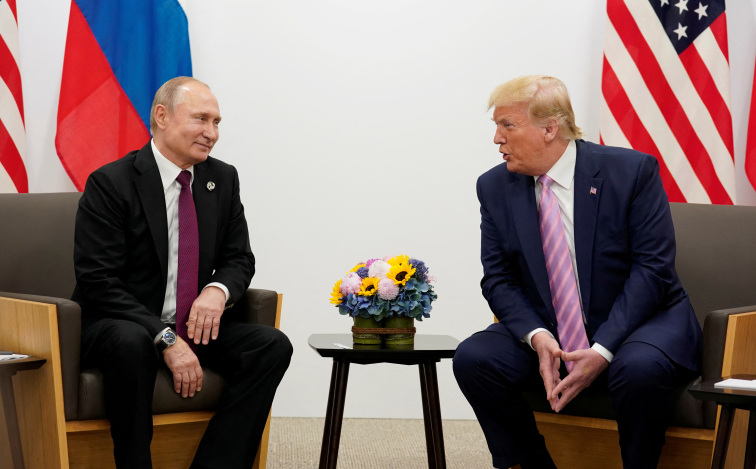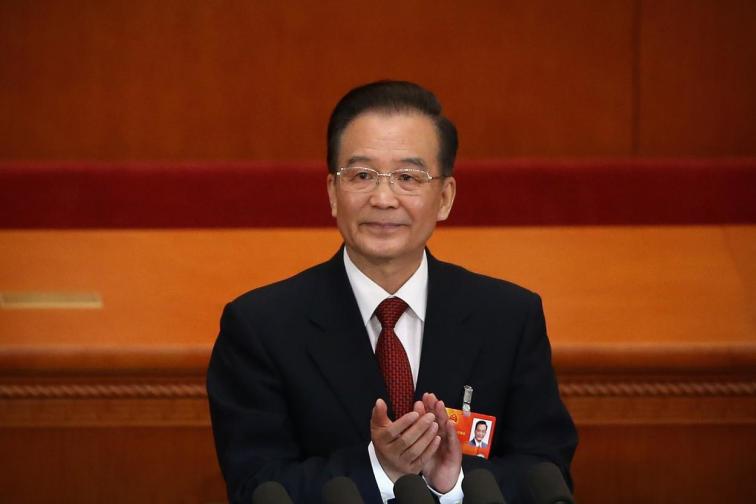Mainland actor Yu Menglong died in a mysterious fall on September 11, sparking widespread concern due to the many suspicious points surrounding the case. (Screenshot from Weibo)
[People News] The case of 37-year-old mainland actor Yu Menglong’s fatal fall continues to escalate. Thanks to persistent efforts by netizens, voices are still being raised despite the CCP’s vast censorship machinery. The first Western media outlet to report on the case, BBC Chinese, noted that while Chinese police had the capacity to provide a detailed account, they instead focused solely on “debunking rumours” and hastily drew a conclusion.
On the evening of September 21, the Beijing Chaoyang Public Security Bureau issued a bulletin declaring that all the popular online claims were false. These included: “Yu was lured into a trap, assaulted, and then jumped.” “A powerful figure tried to exploit him sexually, henchmen set up the situation, he was plied with alcohol and abused, then he killed himself.” “Yu’s mother was put under control.” “Security footage was deliberately destroyed, with powerful forces behind it. Yu’s mother and sister are currently being detained.” “Yu was hung from a tall building, had his fingernails pulled out, was disembowelled, and then thrown to his death.”
Police said three main “rumour-mongers” were arrested, while a number of other netizens received lighter punishments.
According to the BBC, in China’s current media environment, an official bulletin in the familiar blue background with white text usually signals the end of public debate.
Indeed, once the notice was published, critical voices virtually disappeared from Weibo. Posts questioning the credibility of the bulletin were deleted within seconds. Some users even shared screenshots of their deleted posts.
On September 22, China’s cyberspace regulators announced a new round of the “Clean Internet” campaign.
Police claimed their investigation had included on-site inspections, forensic tests, interviews, and the collection of surveillance footage. They declared that “the family has no objections,” and Yu’s mother issued a “statement” via his studio’s official Weibo.
The BBC observed that the authorities handled the matter in a “swift and tidy” manner — but their only definitive move was to label public doubts as rumours. The bulletin itself did not provide details of the case.
Chaoyang police never explained where samples were collected, how site inspections were conducted, what form forensic tests took, which surveillance recordings were used as evidence, or why those pieces of evidence were deemed reliable. What did the scene look like? Who was at Yu’s last gathering? What happened there? Who took statements? None of these questions raised by netizens were answered.
The BBC further noted that since the COVID-19 pandemic, accidents, floods, and fires have increasingly been handled through these blue-background bulletins, which are gradually replacing journalism as the main channel for official narratives and opinion management. Chinese media have lost the authority to report breaking news; the public can only get updates via the police. On social media, such information has also become rare.
But does the CCP always reach such hasty conclusions? The BBC argued that Chinese police do in fact have both the capability and the precedent of issuing detailed reports.
For example, in the 2022 “Xuzhou Chained Woman” scandal — also a major public opinion incident — the Jiangsu authorities, despite failing to convince the public, still described in detail how DNA tests were conducted, which methods were used to verify biological ties, and which institutions and hospitals were involved, allowing some degree of traceability.
Similarly, in late 2023, when a man in Changde, Hunan, drove into a primary school, police explained his motives and behavioural history in their bulletin.
But in Yu Menglong’s case, so far, the CCP authorities have offered only a few words of rumour denial.
Currently, “What exactly happened to Yu Menglong before his death?” remains an ongoing topic of debate on Chinese social media. Even though posts under his name are strictly controlled on platforms like Weibo and Douyin, netizens — well-trained in bypassing censorship — continue to spread information of uncertain origin using emojis, homophones, pinyin characters, code words, and reversed images. Once they discovered that Yu-related content was suppressed on domestic platforms, they shifted to overseas ones such as Threads and Facebook to keep speaking out.
On September 22, Taiwan’s Economic Daily News commented that the world has yet to see the CCP present evidence disproving the rumours. Such vague bulletins, they argued, only widen the gap between the CCP’s public security and judicial organs — and indeed the entire governing class — and the people of mainland China as well as overseas Chinese.
The commentary highlighted several unresolved questions: From a motive perspective, why would an actor with no signs of suicidal tendencies, who had just turned his career around and had a scheduled performance the next day, suddenly leap to his death? From a criminal investigation perspective: Why were Yu’s autopsy results not published? Why were there clear scratch marks around the window? What about his phone call records from the day before? Who exactly was drinking with him that night, and were they ever separately questioned?
The article concluded that the Yu Menglong case remains riddled with doubts. As for Beijing’s entertainment “big shots,” it quipped, “they are not as manly as they seem.” Now that the case has been officially closed, how many of these so-called Beijing bosses dare to step forward? △











News magazine bootstrap themes!
I like this themes, fast loading and look profesional
Thank you Carlos!
You're welcome!
Please support me with give positive rating!
Yes Sure!